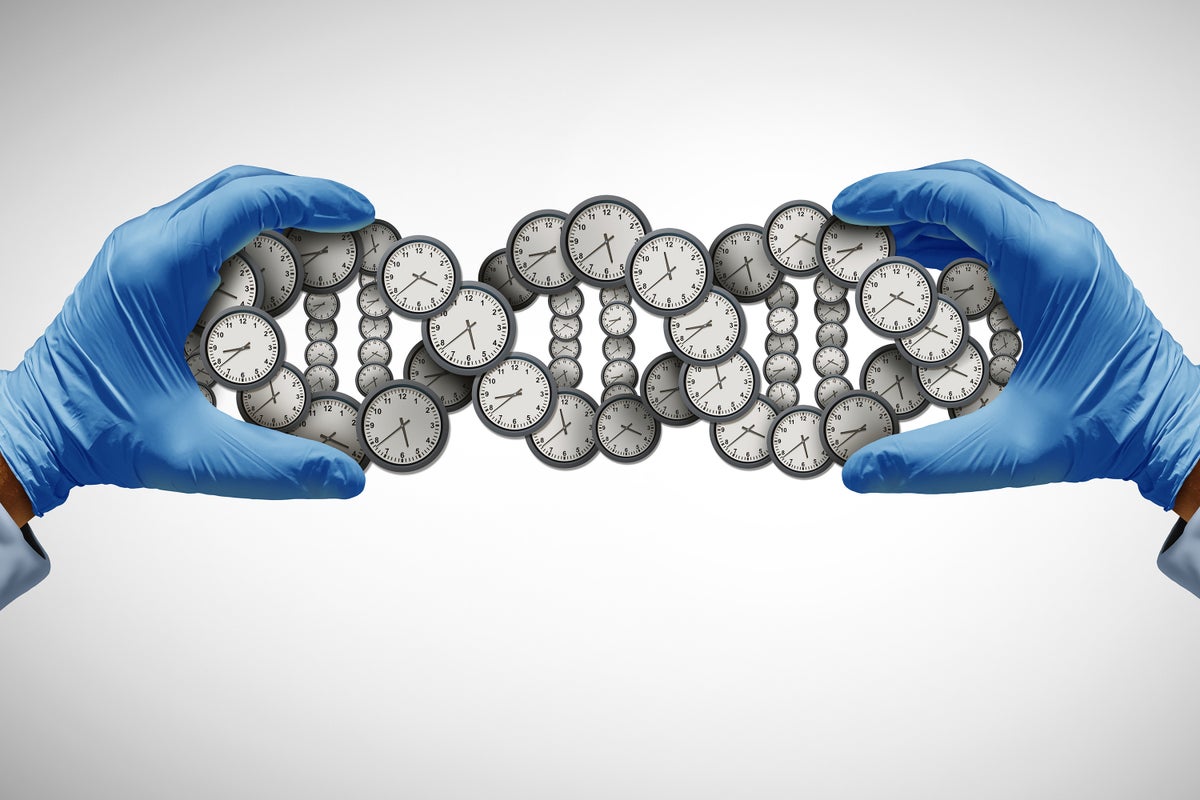#epigenetics
#epigenetics
[ follow ]
#longevity #ageing #intergenerational-trauma #dna-methylation #tissue-specific-ageing #genetics #trauma #evolution
Mental health
fromBuzzFeed
3 weeks agoMy First Grader Handed Me A 9-Word Note. When I Read It, My Stomach Dropped.
Parental mental health merges with children's emotions, and trauma can transmit across generations biologically and psychologically, complicating parental responsibility and emotional caregiving.
fromNews Center
1 month agoTranscription Factor Drives Chemotherapy Resistance in Ovarian Cancer - News Center
Northwestern Medicine scientists have discovered how a specific transcription factor promotes genetic reprogramming and chemotherapy resistance in ovarian cancer cells, findings that may inform new targeted treatment approaches that inhibit this process and improve patient outcomes, according to a recent study published in The Journal of Clinical Investigation. Mazhar Adli, PhD, the Thomas J. Watkins Memorial Professor of Tumor Genomics, was senior author of the study.
Cancer
fromPsychology Today
2 months agoWhy Healthspan Medicine Matters
For decades, medicine has been dominated by a "fix-it-when-it-breaks" mentality. We wait for disease to appear, then react. But when the machinery in question is the only body you'll ever have, waiting until failure is both risky and costly. A better way forward, what I call healthspan medicine, is proactive, preventive, and personal. The Intersection of Psychology and Biology Healthspan medicine blends advances in diagnostics, geroscience, systems biology, and artificial intelligence with a clear-eyed recognition that our biology is deeply influenced by our psychology.
Mindfulness
fromNature
3 months agoDaily briefing: Epigenetic atlas shows how ageing tweaks DNA
A huge analysis of epigenetic changes throughout the entire adult lifespan provides the most comprehensive picture to date of how ageing modifies our genes. The study reveals that some human tissues, such as the retina and stomach, accumulate more ageing-related DNA changes than do others, such as the cervix and skin, and found universal epigenetic markers of ageing across different organs.
Science
fromNature
6 months ago'Landmark' evolution study shows how rice inherits tolerance to cold without DNA changes
What they're showing is extremely convincing; I would say that it's a landmark in the field, highlighting how environmental pressures induce heritable changes without affecting DNA.
OMG science
Mental health
fromPsychology Today
7 months agoChildhood Trauma and Biological Aging
Epigenetic clocks can measure biological aging and its implications on health.
Trauma has been linked to accelerated biological aging, influencing disease onset.
New biomarkers can help predict PTSD risk and evaluate trauma treatments.
[ Load more ]



